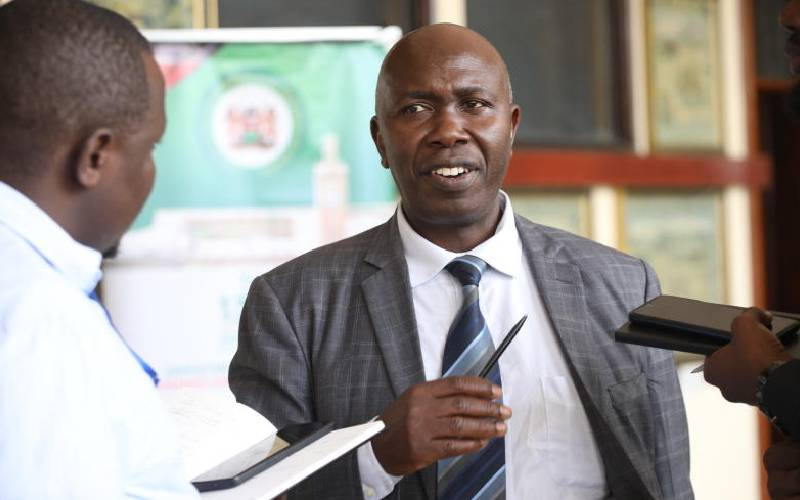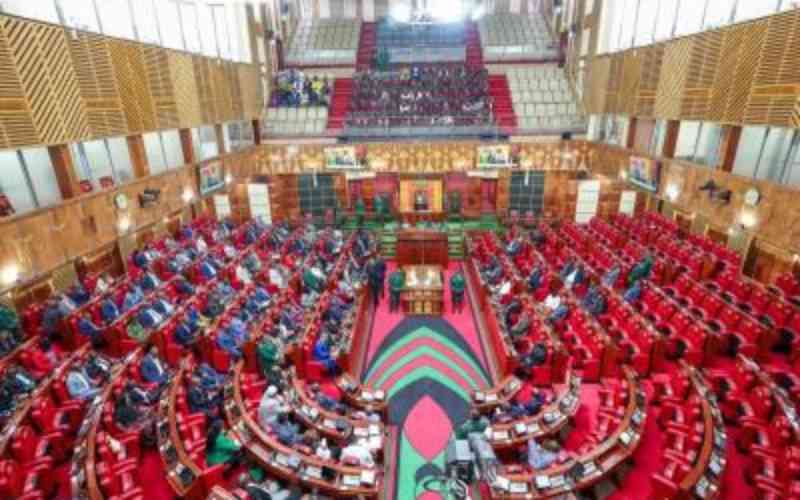Senate moves to create Asset Recovery Agency

The Senate on Tuesday passed for second reading a bill which seeks to amend the Proceeds of Crime (Recovery and Management) Act, 2022, with a proposal to establish a new centralized agency to manage assets and properties recovered from unlawful activities.
The bill titled: “Proceeds of Crime (Recovery and Management) Bill, 2025” was sponsored by Senator Idiat Oluranti Adebule (APC – Lagos West).
According to Adebule in her lead debate during plenary, the bill aims to improve accountability, transparency, and efficiency in handling recovered assets by removing asset management duties from the 18 agencies currently tasked with prosecution and property management under the extant law.
She described the amendment as a necessary step to address overlapping functions and inefficiencies embedded in the current law.
She a erred that the existing framework, which assigns investigative, prosecutorial, and management responsibilities to agencies such as the Economic and Financial Crimes Commission (EFCC), Independent Corrupt Practices and other Related Offences Commission (ICPC), and Nigeria Customs Service, has led to poor coordination, transparency issues, and weak oversight.
Adebule said: “The current arrangement deprives the country of the full benefits of recovered assets, as the relevant organizations operate independently and without a standardized mode of engagement.”
She explained that under the 2022 Act, each of the 18 designated agencies established their own Proceeds of Crime Directorates, resulting in duplication of roles, lack of synergy, and inadequate safeguards for recovered properties.
According to her, the proposed amendment seeks to, “Establish a single, independent agency responsible solely for the management, administration, and disposal of recovered assets;
“Introduce clear policies and uniform guidelines for handling forfeited properties.
“Create an automated forfeited assets management system and central database to track all seized and recovered assets.
“Ensure that investigating and prosecuting agencies focus exclusively on tracing and recovery, while asset management is handled by a separate institution.”
Senator Adebule noted that similar models already exist in other countries such as the United Kingdom, the United States, Australia, and South Africa, where the responsibilities of prosecution and asset management are distinct and streamlined.
“This proposed structure will reduce abuse and opacity in the management of recovered assets, which has been a major source of public concern.
“It will also ensure that forfeited assets are transparently accounted for and used to advance national development,” she said.
Adebule added that the bill supports collaboration between the new agency and the existing 18 agencies, while removing direct asset management from their portfolio.
She urged her colleagues to support the speedy passage of the bill, noting that it would strengthen Nigeria’s anti-corruption infrastructure and enhance the credibility of asset recovery efforts.
The bill was supported by lawmakers except for Sani Musa and Emmanuel Udende who gave dissenting voices.
Musa expressed partial support, stressing the need for strengthening the already existing agencies, rather than the creation of new ones. Udende, on the other hand, outrightly opposed the bill.
Udende argued that existing agencies like the Economic and Financial Crimes Commission (EFCC) are already empowered to manage recovered assets and warned against the proliferation of government bodies.
However, Senator Isah Jibrin moved in and explained that the essence of the bill was to block leakages in the existing agencies.
He said, “There are leakages by agencies that recover these assets, and we need to block them through an independent agency”.
The bill was read for the first time on February 14, 2024, and has now passed the second reading stage.
Afterward, the bill was referred to the Senate committee on Judiciary, Human Rights, and Legal Matters for further legislative work and to present report to plenary in four weeks.












